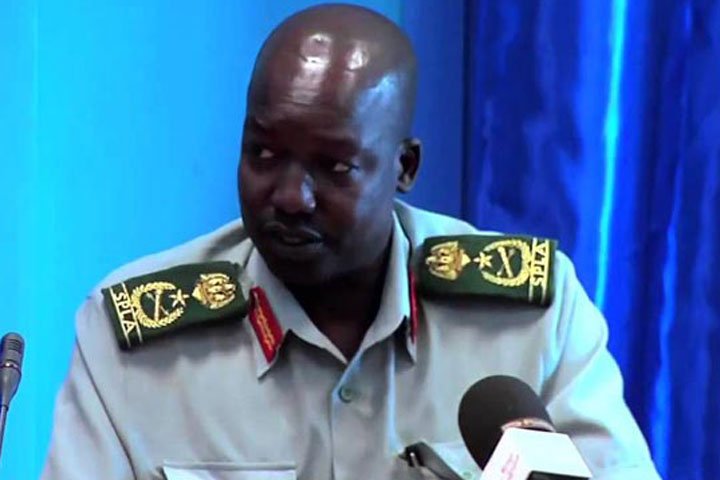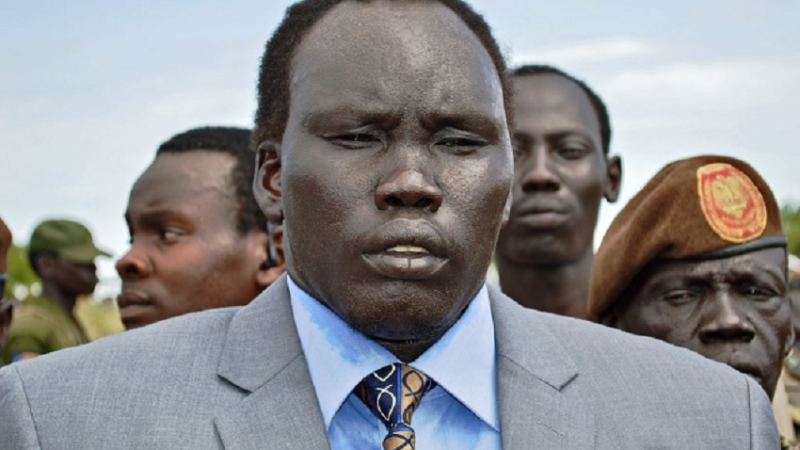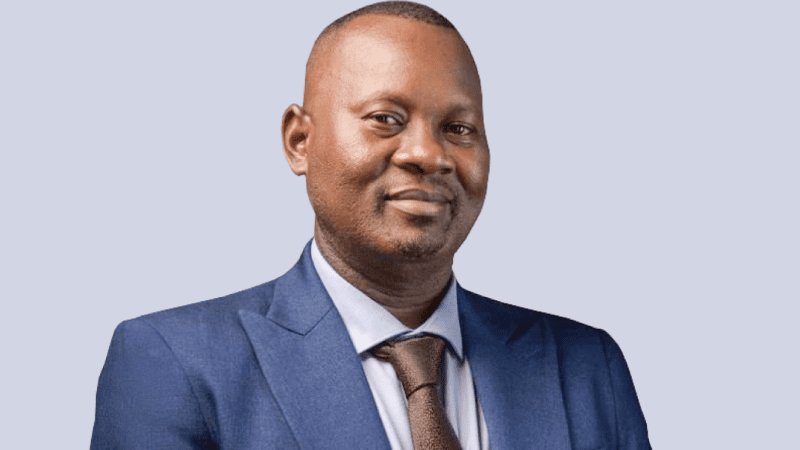South Sudanese officials reaffirmed on Wednesday total commitment to one-China policy which recognizes the Island nation of Taiwan as part of China’s territory.
Reuben Marial Benjamin, director of China affairs desk in the ministry of foreign affairs and international cooperation, said that the top leadership of the country has directed all embassies across the world to maintain the position outlined in 2005 on the one-China principle.
“Our ministry gave directives to all our embassies across the world that this is our position, and the directives are from the executive of this country, we are doing that because China is giving a lot to the people of this country, they have got about 9 big projects, some of them are already complete and some are on the way coming,” Benjamin said during the one-day media symposium organized at the Chinese embassy in Juba.
He said that most of the China-aided projects such as the Air Traffic Management System (ATMS), Clement Mboro Bridge over the Jur River, and the South Sudan Broadcasting Corporation projects have been completed with grants from China.
“There is a team of engineers coming from China to come and do feasibility studies for the new building for the ministry of foreign affairs and international cooperation, so the support from the People’s Republic of China to South Sudan is very huge and bold and so whatever they ask from us is little, so our leadership decided to strengthen bilateral ties with the People’s Republic of China,” Marial said.
The China-South Sudan relations were cemented in 2005 during the semi-autonomous government of southern Sudan prior to independence in 2011.
Barnaba Marial Benjamin, chairperson of South Sudan China Friendship Association (SSCFA), said China was one of the first countries to recognize the sovereignty and territorial integrity of South Sudan at independence.
“The principle of non-interference in the internal affairs of other nations, this is a very clear policy of the Chinese government, and that’s why China has always stood to support the government of South Sudan at the United Nations on issues like sanctions against the republic of South Sudan,” Benjamin said.
Ma Qiang, Chinese Ambassador in South Sudan, said People’s Republic of China is the sole legal government representing the whole of China.
“First, the one-China principle is very clear, that is, there is but one China in the world, Taiwan is part of China, and the government of the People’s Republic of China is the sole legal government representing the whole of China,” Ma said.
He noted that Taiwan has been part of China since ancient times.
“This is a historical fact; it is also the international consensus. The 1943 Cairo Declaration and the 1945 Potsdam Proclamation clearly stipulated that Taiwan, a Chinese territory stolen by Japan, shall be restored to China. These documents with international legal effect formed an integral part of the post-WWII international order and also established the legal foundation of Taiwan’s status as China’s inalienable territory,” Ma said.
Ma disclosed that U.N. system has always observed Resolution 2758 and upheld the one-China principle in dealing with Taiwan-related issues.
“Since the adoption of Resolution 2758, the U.N. and its specialized agencies, and also other intergovernmental international organizations have all adhered to it. They regard Taiwan as a province of China and do not recognize the so-called international representation of the Taiwan authorities,” he said.
Ma also said that the Chinese embassy will extend the opening days of the visa section and ease the visa requirements for South Sudanese citizens traveling to China.
“I firmly believe that, as China introduces more measures to facilitate visits to China, including more convenient payment, the people of China and South Sudan will interact more frequently, visiting each other as often as family members do,” he said.








